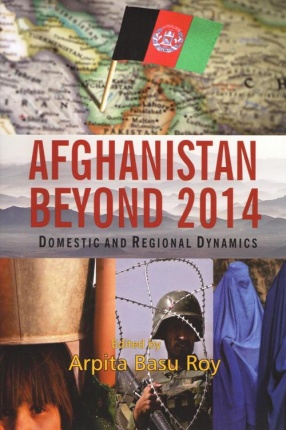
Arpita Basu Roy

Showing all 9 books
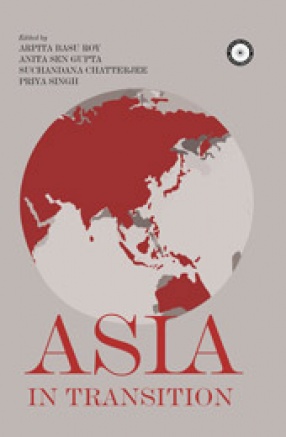
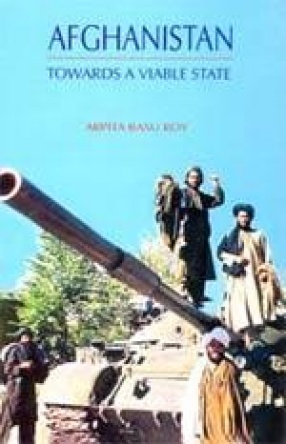

The post-2014 situation in Afghanistan following the drawdown of the US/NATO/ International Security Assistance Force, has been the subject of a most perplexing debate in recent times with the major obscurity lying in predicting the actual intentions of various actors involved in the Afghan imbroglio. Fixated on Afghanistan`s looming challenges, often a bleak picture of the embattled country`s future has been drawn in the international media and academia which ...

The essays deal with issues like pan-Asianism, reform movements across Asia, routes and roads, infrastructural development and technological advancement, leadership and legitimacy, governance and institutions and the rise of China. They examine the performance of Asia in various spheres and contrast the Asian experience: economic growth and emergence of India and China as economic giants on the one hand and struggling economies, poor infrastructure, unequal ...
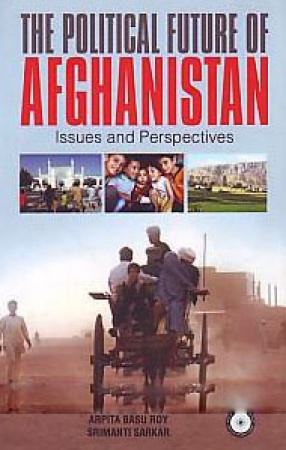
This compendium of 17 papers attempts to analyse the different political dimensions of Afghanistan. Critically examining the functioning of the present political arrangement in Afghanistan, it gazes into the possible alternative political scenarios, factoring in the role of various stakeholders such as the different ethnic groups, the insurgents, the warlords, and the traditional political institutions in Afghan society.
Also it discusses options like federalism ...
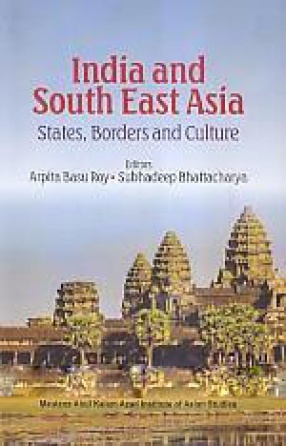
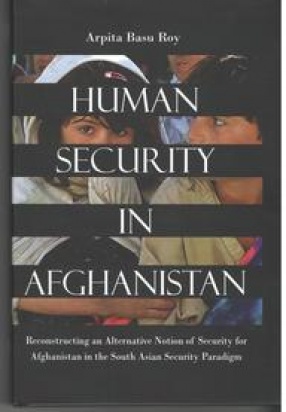
This book seeks to trace and document the status of human security in Afghanistan. Realizing the sensitivity of the life of the people of Afghanistan, it focuses on the alternative solutions available to construct the notion of security for Afghanistan in Asian countries.
It takes a close look at the role and condition of economic security, health security, environmental security, personal security, community security, political security, food security and health ...
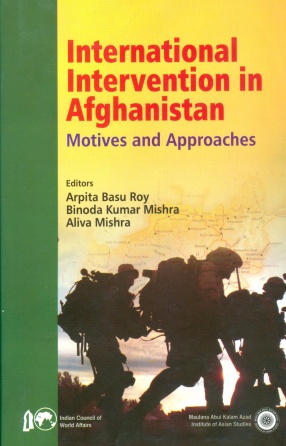
Did the international intervention in Afghanistan in 2001 lead to the creation of unrealistic expectations on the part of the Afghan peoples? What were the negative effects of the use of force? These are some of the urgent questions that this volume seeks to answer. It questions the rationale for occupation by the intervening power. How and to what extent is this intervention plagued by problems of will and capacity? The issue of humanitarian intervention has the ...
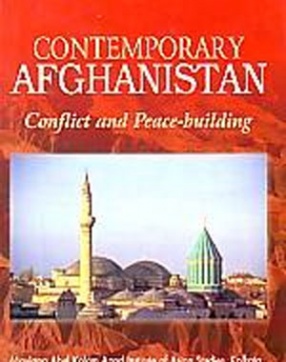

The tragedy of the Afghan situation lies in the fact that both external as well as internal forces have hampered its progress towards a viable state. The peculiarities of the Afghan society and the natural dichotomy between the state and society have impeded the process of modernization and centralization. The three regimes of Amir. Abdur Rehman Khan (1880-1901), Amir Amanullah (1921-29) and the communists (1978-92) which tried to reform Afghanistan considerably ...
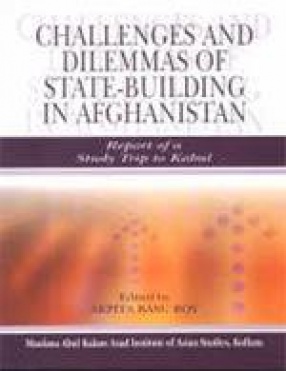
This volume is an outcome of a study trip undertaken by a team of researchers of the Maulana Abul Kalam Azad Institute of Asian Studies (MAKAIAS) to Kabul, in pursuit of research queries related to state-building in Post 2001 Afghanistan. This study trip had a two-fold focus: to study the process of political, economic and social transition in Afghanistan and to explore the possibilities of constructive academic engagement between MAKAIAS and Afghan Institutes. ...
